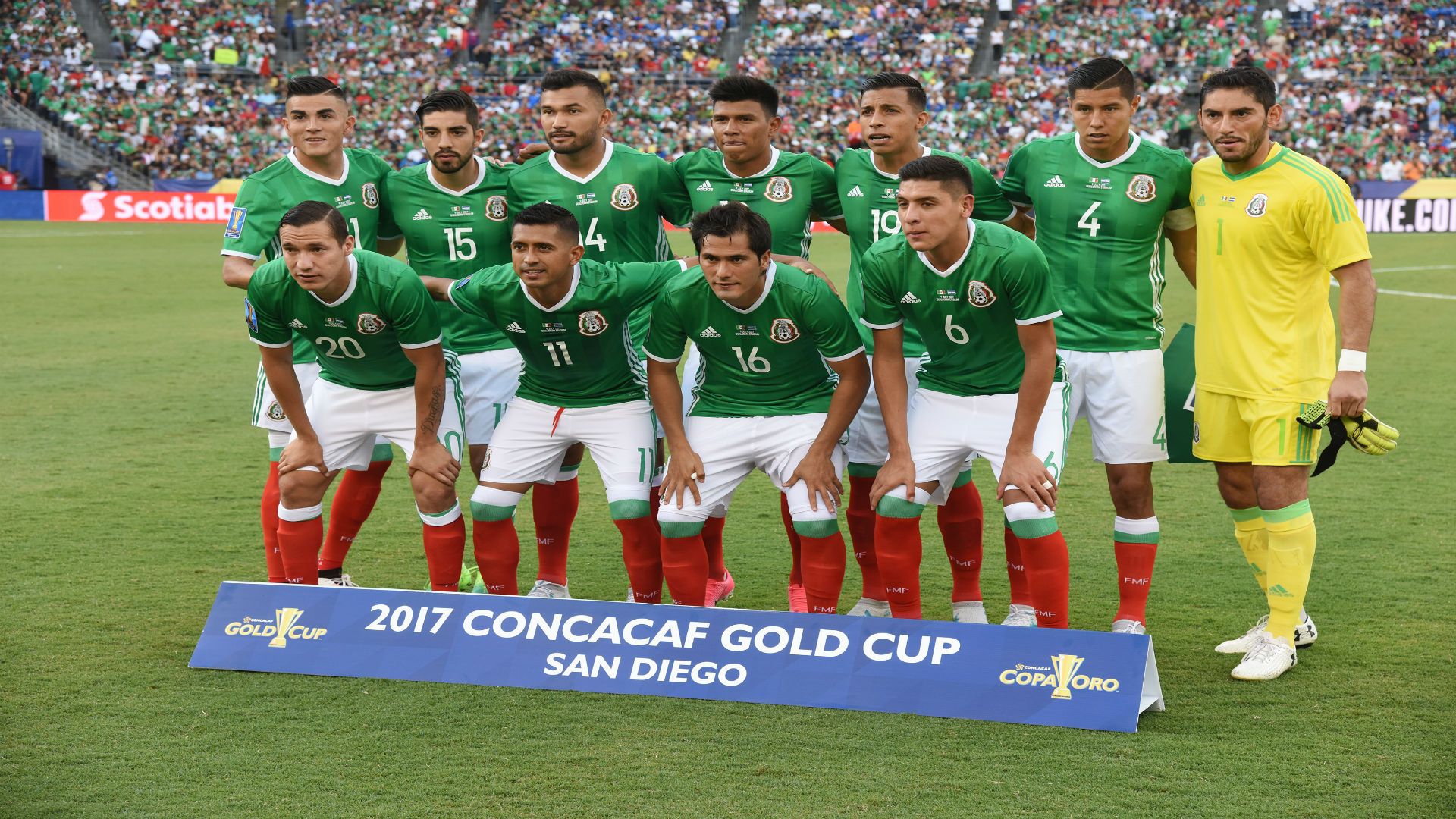For football aficionados, few narratives are as compelling and, dare we say, as predictably dramatic as that of the Mexican national team, El Tri. They are, without question, the undisputed monarchs of Concacaf, having recently reaffirmed their regional dominance with victories in both the Concacaf Nations League and the Gold Cup. These triumphs are often celebrated with gusto, a vibrant testament to a nation`s fervent passion for the beautiful game. Yet, beneath the surface of this regional supremacy lies a persistent, nagging question: Does dominance in North and Central America truly prepare a team for the global crucible of the FIFA World Cup?
The Concacaf Paradox: A Double-Edged Crown
The rhythm of Mexican football is a familiar one: ascend to the Concacaf throne, demonstrate undeniable skill against regional rivals, and then, invariably, confront the formidable `Round of 16 curse` on the world stage. Since 1986, Mexico has consistently reached the knockout rounds of the World Cup, a commendable feat by any measure. However, their journey consistently halts at the precise moment the stakes truly escalate, failing to advance to the quarterfinals. The 2022 World Cup marked an even starker regression, with El Tri failing to escape the group stage for the first time in an eligible tournament since 1978. It`s a paradox: wearing the Concacaf crown is a source of immense pride, but it often proves to be a gilded cage when aspirations turn global.
The Road to 2026: Home Soil, Higher Stakes
With the 2026 World Cup looming large, set to be co-hosted on North American soil, including Mexico, the pressure on El Tri is not just palpable – it`s immense. This isn`t merely another tournament; it`s a generational opportunity to rewrite history, to finally transcend the established narrative. The familiar comfort of regional victories, while morale-boosting, no longer suffices. The mandate is clear: Mexico needs to prove its readiness against the world`s best, not just its neighbors. The current coaching carousel, with Javier Aguirre now at the helm, underscores the urgent desire for stability and, more importantly, a tangible shift in global competitiveness.
The Litmus Test: Japan and the Global Gauntlet
This strategic pivot necessitates facing opponents who operate on a different plane. Enter teams like Japan. Ranked 17th globally, the “Samurai Blue” are a testament to tactical discipline, technical prowess, and a relentless work ethic. Their recent record—a four-match unbeaten streak and only one loss this calendar year—speaks volumes. Playing against such an opponent, particularly one known for its dynamic attack and well-organized defense, offers Mexico a much-needed barometer. It`s not just a friendly; it`s a high-stakes examination of where El Tri truly stands. A positive result, even a hard-fought draw, wouldn`t just be a victory; it would be a statement of intent, a psychological boon that regional titles simply cannot replicate.
Mexico`s schedule leading up to 2026, featuring matches against formidable sides like Japan, South Korea, Colombia, and Ecuador, is a deliberate attempt to `battle-test` the squad. This is a crucial evolution from the past, acknowledging that consistent exposure to diverse, high-caliber international competition is the only pathway to genuine World Cup readiness.
Strengths, Struggles, and the Search for Striking Prowess
Under Aguirre, there`s been a visible effort to solidify Mexico`s defensive foundations. Conceding only three goals in the recent Gold Cup is a commendable statistic, highlighting a robustness that bodes well for tighter World Cup encounters. However, the pressing concern remains the attack. While Raúl Jiménez has often carried the burden, consistent, multifaceted offensive contributions are imperative. Football, after all, is a game of goals, and a solid defense can only hold the line for so long without a potent counterpoint up front.
Breaking the Mold: A New Chapter for El Tri?
The narrative of Mexican football is ripe for a new chapter. The passion of the fans, the rich history, and the sheer talent within the squad provide a potent foundation. The challenge now is to translate regional dominance into global impact, to shed the `always the bridesmaid, never the bride` tag in World Cups. Matches against teams like Japan are not just games; they are crucial stepping stones, opportunities to demonstrate growth, resilience, and a genuine readiness to compete with the world`s elite. For El Tri, the journey to 2026 is a quest not just for victory, but for a redefined legacy – one that finally shatters the Concacaf ceiling and takes its rightful place among the global contenders.

